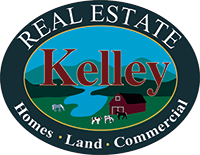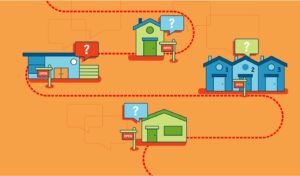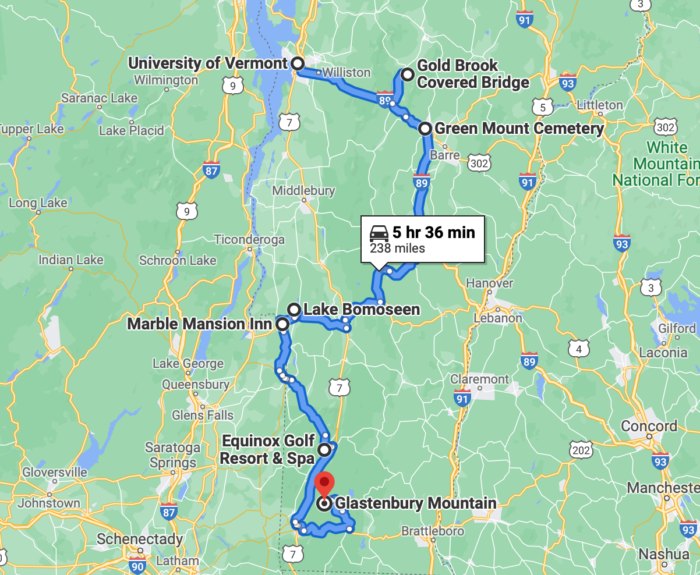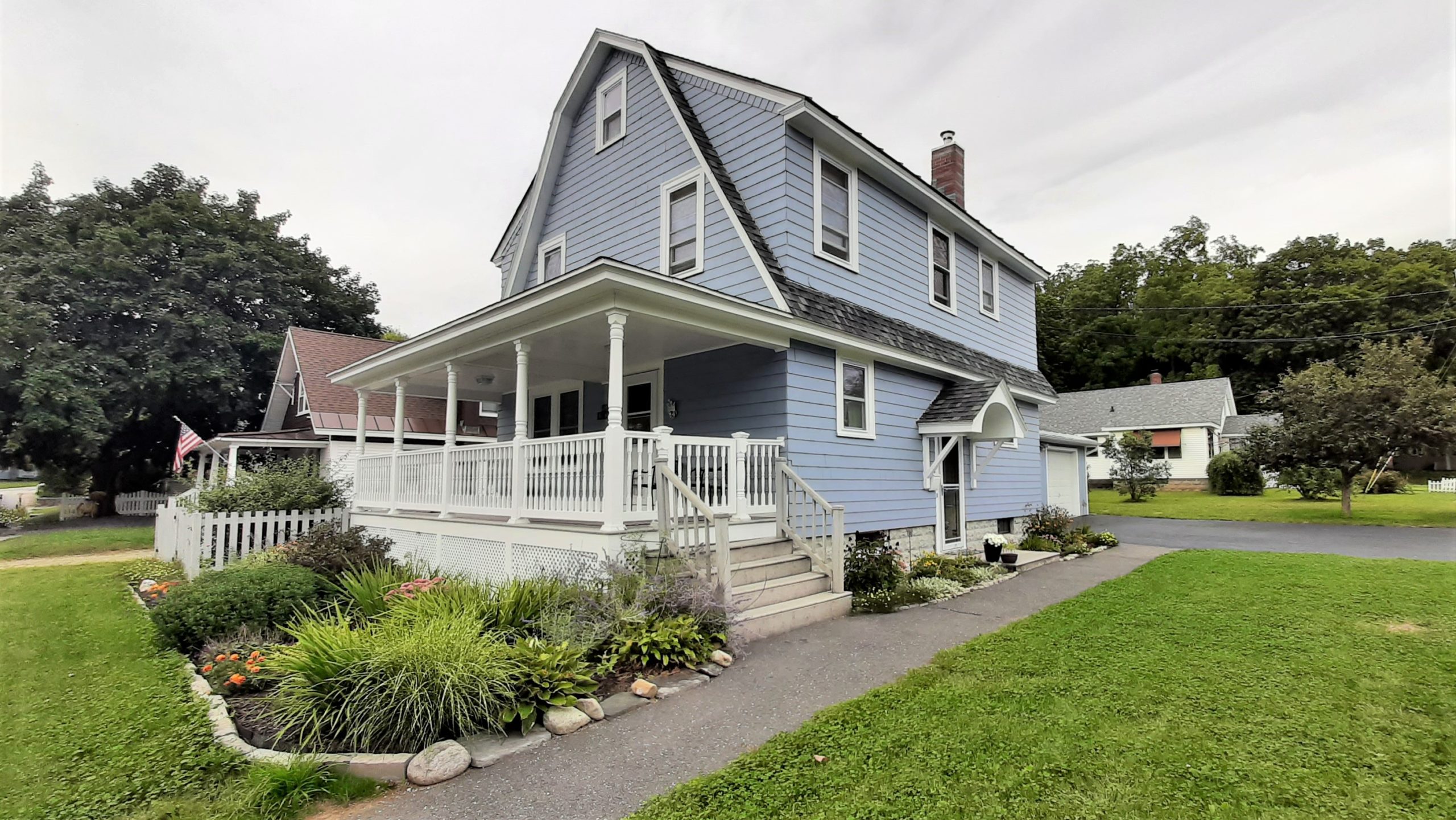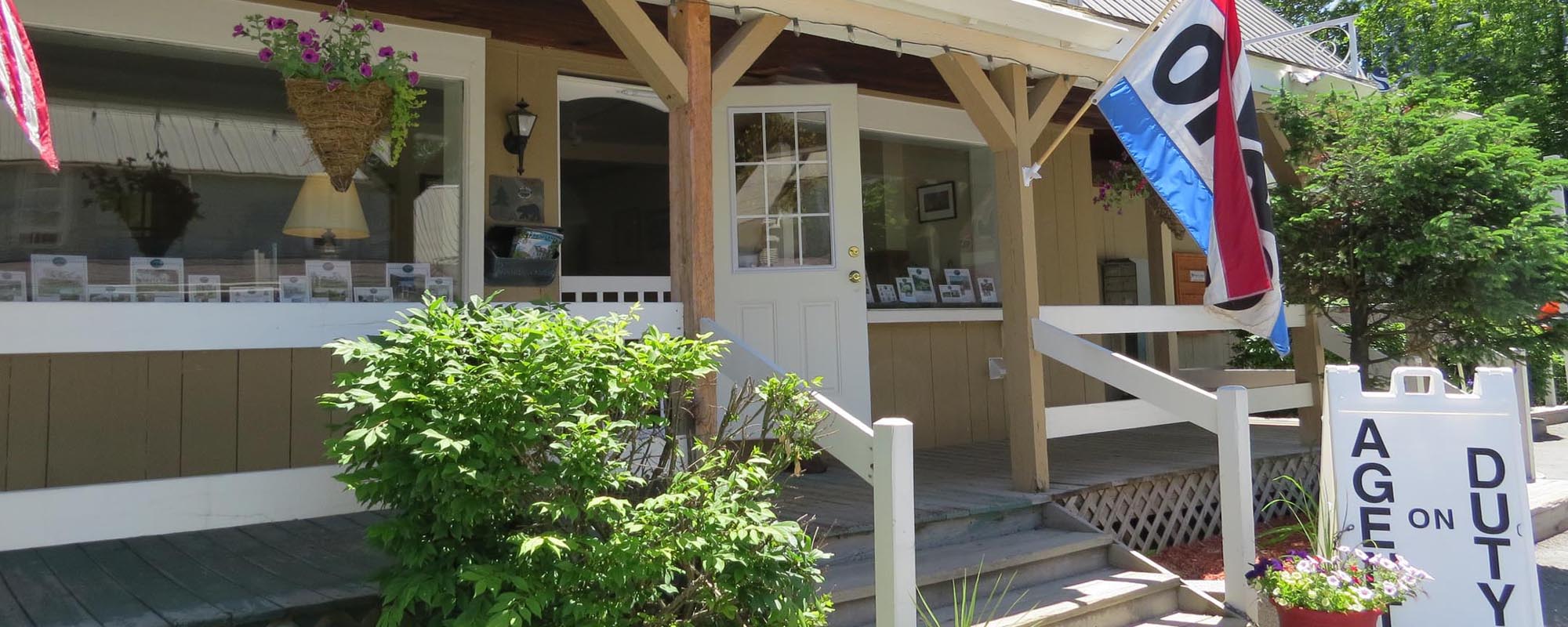Getting smart — about what to do, ask, and avoid — can move you ahead of the crowd.
Ah, the house showing — a chance to imagine yourself knocking out walls and doing gut rehabs on other people’s kitchens. That’s the stuff dreams are made of (or at least HGTV episodes).
Seriously, going to open houses and scheduled private showings is one of the most exciting parts of the home buying experience. Beyond the voyeuristic thrill, you can assess aspects that are more difficult to see online.
Before you start touring homes, first discuss your needs and wants with your partner (if you have one), do some online research, and talk with your agent and your lender. That way, you — and your agent — can take a targeted approach. That will save you time and can give you an edge over your buying competition.
So, before you start viewing, follow these tips.
Know Which Houses Are ‘Open’
If you’re looking for open houses, ways to find them include:
Ask your agent. They will have details on specific properties and can keep you informed of open houses that fit your criteria.
Use listing websites. A number of property sites let you search active listings for upcoming open houses and tours. On realtor.com®, for instance, individual property listings will note an upcoming open house.
Scroll social media. On Instagram, you can search the hashtag #openhouse or similar tags for your city (#openhousedallas, for example), to discover open houses. Many real estate agents and brokerages post open house announcements on Instagram, Facebook, and Twitter. Find ones from your area and start following.
Drive around. Cruise through the neighborhoods you’re interested in. it’s a good way to get a sense of the area amenities — and look for open house signs.
